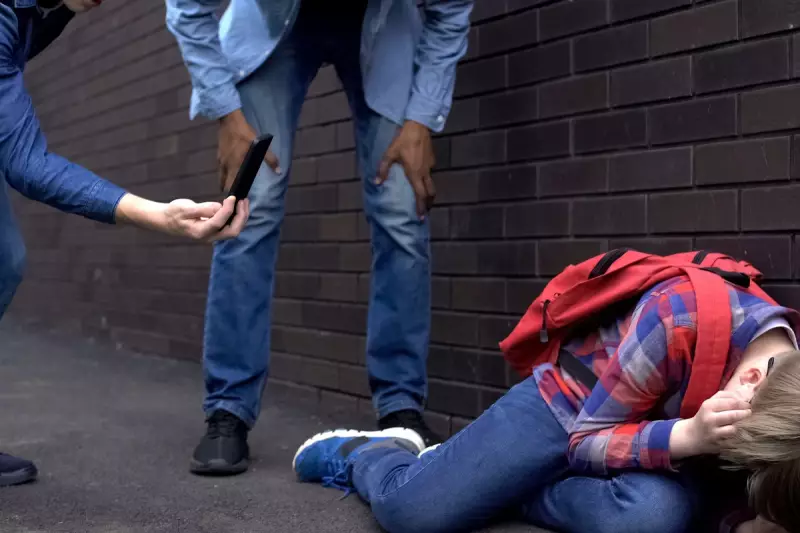
The Digital Storm That Was Predicted
When 17-year-old Flossie McShe announced plans to take legal action against the Department for Education for failing to protect her generation from extreme smartphone content, it represented a watershed moment. Former teacher Chloe Combi, who warned about this impending digital crisis as far back as 2012, watched with grim recognition.
Generation Z became the first cohort of teenagers to wield smartphones, and the consequences have been devastating. These devices rapidly evolved from communication tools into portals for accessing and sharing violent pornography, extreme pranks, and torture content - often used as weapons in a new form of digital bullying.
The Scale of the Problem
Office for National Statistics data reveals an alarming picture: an estimated 1,544,000 children aged 10-15 experienced online bullying in the last year alone. Even more concerning, 18.1% of those experiencing online bullying and 14.7% facing in-person abuse told nobody about their ordeal.
The statistics show worrying gender disparities in reporting behaviour. Girls are significantly more likely than boys to always tell someone about worrying content they've seen - 62% versus 56% respectively.
Real Stories from the Frontline
Jared, now 20, attended what he describes as a "hell on earth" academic boys' day school where smartphones amplified traditional bullying into something far more sinister. "In Year 9 after PE, I was locked in the boys' changing room and forced to watch really hardcore straight and gay porn on someone's phone because the older boys wanted to 'check my reaction'," he recalls. The trauma continues to affect him years later.
Kylie, 19 and now at Glasgow University, experienced similar harassment. "When we weren't being shown porn, we were being shown videos about how it was awesome to slap your girlfriend," she says. The return after COVID lockdowns marked a particular escalation, with boys "worshipping Andrew Tate and calling us sluts."
The Influencer Effect and Radicalisation
Popular YouTubers like Jake Paul and KSI have transformed from pranksters into muscular boxers, encouraging millions of young male followers to emulate their aggressive personas. Their streamed fights became illicit lunchtime viewing, cultivating atmospheres of violence in school playgrounds.
The consequences extend beyond school grounds. Avi, 21, witnessed how smartphone radicalisation destroyed friendships and lives. "One of my best mates became radicalised by phone stuff - porn, crypto, gambling, manosphere content," he explains. "He went from being really nice to a total bully via his phone." Tragically, his friend later took his own life after accumulating gambling debts.
Regulatory Response and Future Protection
New Ofcom guidance issued this week requires social media platforms to limit internet pile-ons, misogynist abuse, and non-consensual image sharing. Meanwhile, Australia has taken more drastic action, becoming the first country to mandate that social media companies take "reasonable steps" to prevent under-16s from creating new accounts from December 10.
Will Orr-Ewing, founder of Smartphone Free Schools, supports McShe's legal action, arguing that "it's impossible for schools to uphold their safeguarding obligations whilst kids have access to smartphones." His organisation advocates for complete smartphone bans in schools until the end of Year 11, except for medical purposes.
As Generation Z moves into adulthood, they carry the scars of what Combi describes as "a catastrophically damaging experiment" - one that successive governments watched unfold without meaningful intervention until now.





